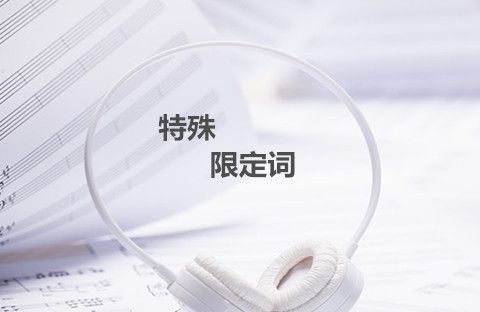牛津实用英语语法 287 劝告的形式
|
A must,ought to和should可用来表示劝告: You must read this book.It’s marvellous. 你该读一读这本书。这本书非常好。 You should grow your own vegetables. 你应该自己种菜吃。 You ought to plant some trees. 你应当种几棵树。 在间接引语中 must,ought to和should可以不发生变化,或用advise+ 宾语结构来转述: He advised me to plant trees. 他劝我种树。 B you had better +不带to的不定式(参见第120节): You’d better take off your wet shoes. 你最好把湿鞋子脱掉。 You’d better not wait any longer. 你最好不要再等了。 had better可用于第三人称: He’d better stop taking those pills. 他最好别再服用那些药片。 C if I were you I should/would: If I were you I’d buy a car. 如果我是你,我就买一辆汽车了。 这种形式常常被缩略为I should/would,I稍加重音: ′I’d buy a car. (译文同上。) 在间接引语中 If I were you I should/would…由advise+宾语结构来转述: He advised me to buy a car. 他劝我买辆汽车。 D I advise/would advise you+不定式: I(would) advise you to apply at once. (你要是问我的意见的话)我劝你马上去申请。 I advise/would advise+动名词: I(’d) advise applying at once. (译文同上。) E why don’t you…?可表示劝告或建议: Why don’t you learn to play your guitar? 你为什么不学弹吉它? Why don’t you take a holiday? 你为什么不休假? 表示劝告时,可由advise+宾语结构转述: He advised me to take a holiday. 他劝我去度假。 F it is time you + 过去时态: It is time you bought a new coat. 你该买一件新外衣了。(参见第293节。) 可用下列方法表示转述: He said it was time I bought a new coat. 他说我该买一件新外衣了。 |








